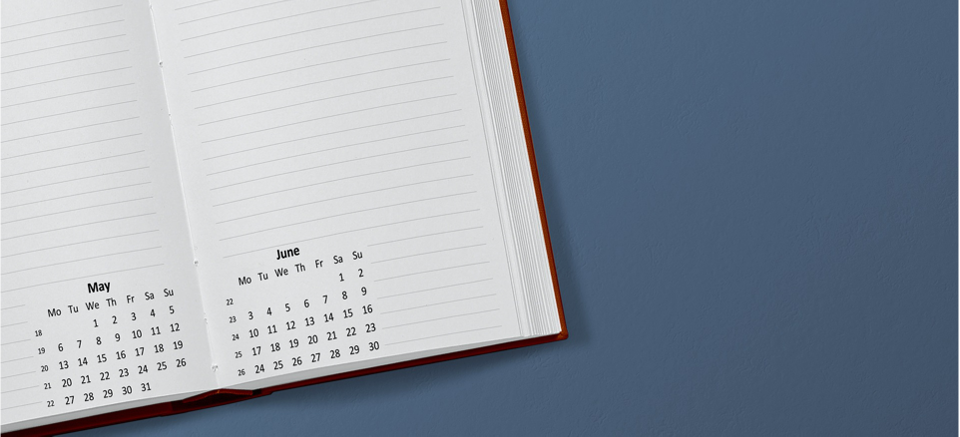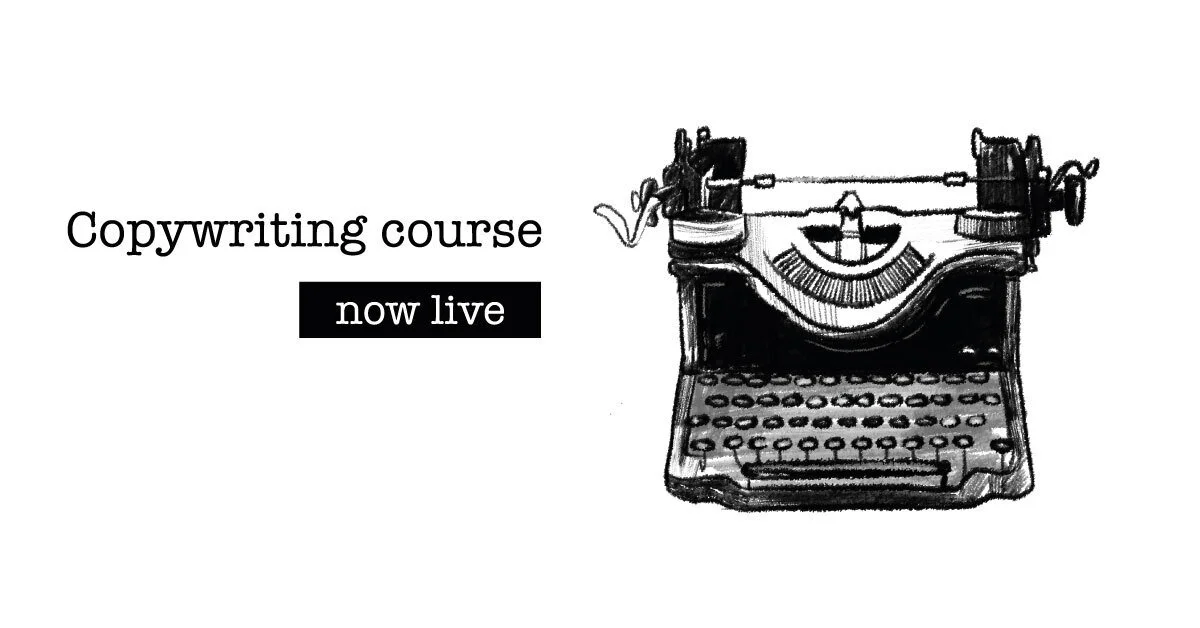What is the ‘Fresh Start Effect’?
Is there an optimum time to start a new habit?
It’s a question worth pondering, given that behaviour change is so hard.
Just ask anyone who has tried to kick a bad habit - willpower alone is never sufficient.
The good news is there is evidence that choosing the right date to start something new does make a difference.
Research by Hengchen Dai et al. shows that we are more motivated to change on dates that imply a new beginning.
For example, we are much more likely to attempt behaviour change if it’s the first month of the year or the first day of the month.
Behavioural scientists refer to this phenomenon as the “fresh start effect”.
Why does this happen?
It’s all to do with these particular dates sparking moments of self-reflection.
They prompt you to look back on your life until that point and wonder if there’s something you could improve.
Would you like to be a bit fitter? Are you keen to learn a new skill? Can you finally kick that bad habit?
Taking advantage of these ‘temporal landmarks’ is something anyone can do.
Sadly, whilst it makes you more likely to carry out the desired behaviour, it’s not a guarantee you will keep it up.
Just think of the number of New Year’s resolutions you failed to uphold in the past.
Advertisers take advantage of this psychological phenomenon to target their products and services.
For example, you will have seen many fitness and healthy eating brands running campaigns in January.
If you want to read up more on this topic, you might enjoy Katy Milkman’s book How to Change: The Science of Getting from Where You Are to Where You Want to Be, which gives plenty of suggestions and examples of how best to take advantage of the fresh start effect.
Interestingly, a similar phenomenon seems to occur when people approach the end of a decade.
According to Adam Alter and Hal Hershfield, people search for meaning at these points in their lives.
In one study, they found that people whose ages ended in nine were 48% more likely to enter a marathon for the first time than those in other age groups.
This phenomenon has been referred to as ‘nine-enders’ and presents another temporal based opportunity for savvy advertisers to target potential customers.
Reflecting on your own life, you might notice that significant events (such as marriage, children, career change etc.) did occur when your age just so happened to end in the number 9.
Spooky, huh?
If you’re interested in learning about other quirks of human behaviour, you will enjoy our Behavioural Economics, Behavioural Science for Brands and Applied Behavioural Science courses.






